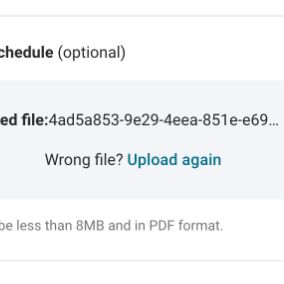Antisocial Personality Disorder is more than just being rebellious, distant, or rule-breaking. It involves a persistent pattern of disregard for others, difficulty following social norms, and a tendency to manipulate or violate boundaries. Many people with ASPD don’t seek help unless legal issues, relationship breakdowns, or other serious problems arise.
You may wonder if you have ASPD if you:
- Regularly disregard rules, laws, or the rights of others
- Lie or manipulate for personal gain
- Lack guilt or remorse after hurting others
- Are frequently aggressive or impulsive
- Struggle to maintain long-term jobs or relationships
These traits don’t make someone “bad” or “evil”—but they can cause real harm and lead to isolation or legal trouble. Treatment for antisocial personality disorder can help you understand your behavior and choose a different path.
Recognizing the symptoms
Symptoms of ASPD often appear in late adolescence or early adulthood and continue through adulthood. They can vary in intensity and may overlap with other conditions like substance use or trauma-related disorders.
Common symptoms include:
- Disregard for social rules and laws
- Repeated lying, deception, or conning others
- Impulsivity or failure to plan ahead
- Irritability, aggression, or repeated fights/assaults
- Reckless disregard for the safety of self or others
- Consistent irresponsibility (e.g., work, finances)
- Lack of remorse after harming others
If these traits sound familiar or have caused problems in your life, a provider who offers antisocial personality disorder therapy can help you assess your situation and consider your options.
What do the diagnostic criteria mean?
According to the DSM-5, Antisocial Personality Disorder is diagnosed when someone shows a consistent pattern of violating others’ rights, beginning in childhood or adolescence. The person must be at least 18 years old and have evidence of conduct disorder before age 15.
The diagnosis requires at least three of the following:
- Repeated unlawful behaviors
- Deceitfulness (lying, conning)
- Impulsivity or failure to plan
- Irritability and aggressiveness
- Reckless disregard for safety
- Consistent irresponsibility
- Lack of remorse
Diagnosis must also account for context, history, and rule out other mental health conditions. An experienced clinician providing ASPD treatment can make a thorough assessment and explain what the criteria mean for you.
Getting diagnosed
Diagnosis typically starts with a detailed interview with a licensed mental health provider. They’ll ask about:
- The types of thoughts and behaviors you experience
- When symptoms began and how they’ve progressed
- How much time these thoughts/rituals take up
- Whether other conditions like anxiety, depression, or ADHD are also present
Sometimes, OCD is misdiagnosed or mistaken for general anxiety or perfectionism. That’s why it’s important to work with an OCD specialist who understands the nuances of the disorder.













